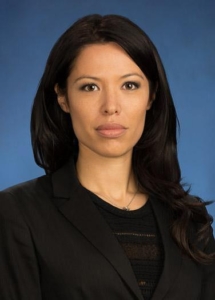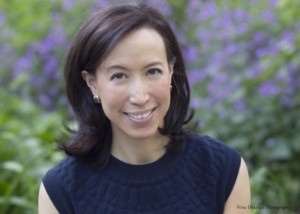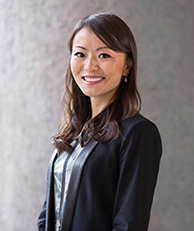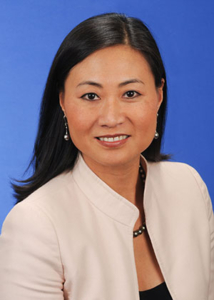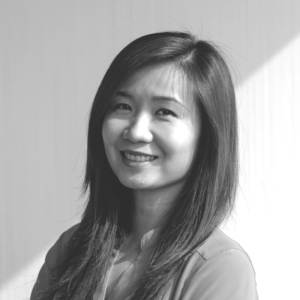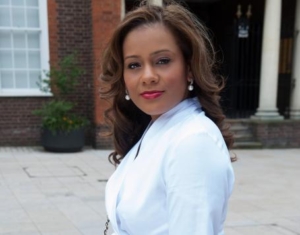 “Believe in yourself and exercise confidence,” said Miranda Brawn, Barrister and Director at Daiwa Capital in London. This, she added will help you face and overcome any hurdles you might encounter as you navigate your career to the top. “No one will invest their trust or confidence in you if you cannot invest it in yourself. Develop your skill base, learn and increase your knowledge to increase your confidence,” added Brawn.
“Believe in yourself and exercise confidence,” said Miranda Brawn, Barrister and Director at Daiwa Capital in London. This, she added will help you face and overcome any hurdles you might encounter as you navigate your career to the top. “No one will invest their trust or confidence in you if you cannot invest it in yourself. Develop your skill base, learn and increase your knowledge to increase your confidence,” added Brawn.
One of Brawn’s first mentors advised her to treat this industry like a marathon, not a sprint. “There are far too many people who burn out and age rapidly due to burning the candle at both ends and not looking after themselves,” she said.
“Achieving a senior leadership role will not happen overnight,” Brawn added. “Stay focused and be patient.”
A Multitude of Experiences
When Brawn decided to enter the financial services industry after completing her A levels, she only intended to work for one year before entering University. Life, as it would have it, had other plans for her as she went on to enjoy a successful and multi-faceted career in the male-dominated worlds of financial services and law.
Since entering the workforce at age eighteen, Brawn has held many different roles at some of the world’s leading financial institutions, including Goldman Sachs, JP Morgan Chase, Citibank, and Deutsche Bank. She has also worked for law firms where she has acted as a consultant legal advisor. Currently, Brawn is a Director at Daiwa Capital, where her primary role is to manage the company’s legal risk across Europe for the derivatives and securities financing businesses.
“It is a transformational time for the industry right now as changes in banking regulations are presenting new challenges,” said Brawn.
Although she did not follow a strictly traditional path, Brawn is proud of the fact that she was able to complete all of her studies while working full-time in demanding positions. “I am not afraid of a challenge,” remarked Brawn, who has earned her MBA, Law degree, Journalism Diploma, and most recently, completed her studies in Political Philosophy at the University of Cambridge.
It is this same mentality that keeps Brawn busy outside of her daily 9-5 responsibilities. “I have other interests such as being a board director, barrister, freelance writer, motivational public speaker and now a brand ambassador for The Fold London,” said Brawn. Additionally, Brawn is also the founder and CEO of Pluto Law Limited.
Keeping Diversity on the Agenda
Brawn is very passionate about diversity issues, which is why she has been extremely committed to networking, mentoring, and sponsorship initiatives throughout her entire career. “I wish I had realized the value of having mentors early on in my career,” Brawn noted.
She continued, “It can be difficult for women to break into that established ‘old boys’ network especially within Front Office client facing roles where it is still pretty much a male dominated environment.” According to Brawn, women need to increase their networking efforts in order to gain the mentoring and sponsorship relationships that will ultimately have a positive impact on their career growth and advancement.

